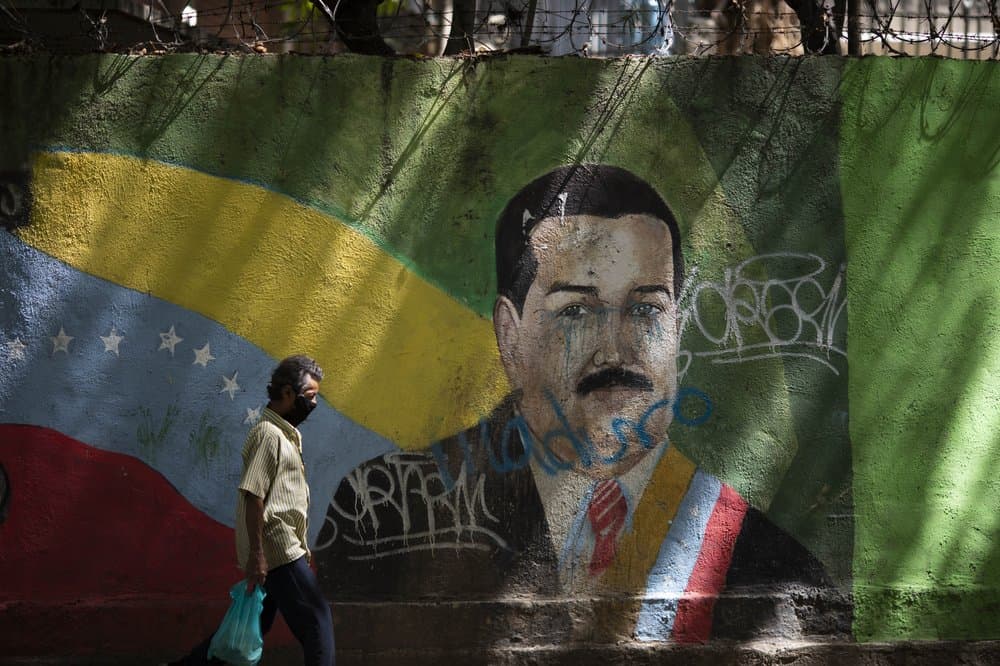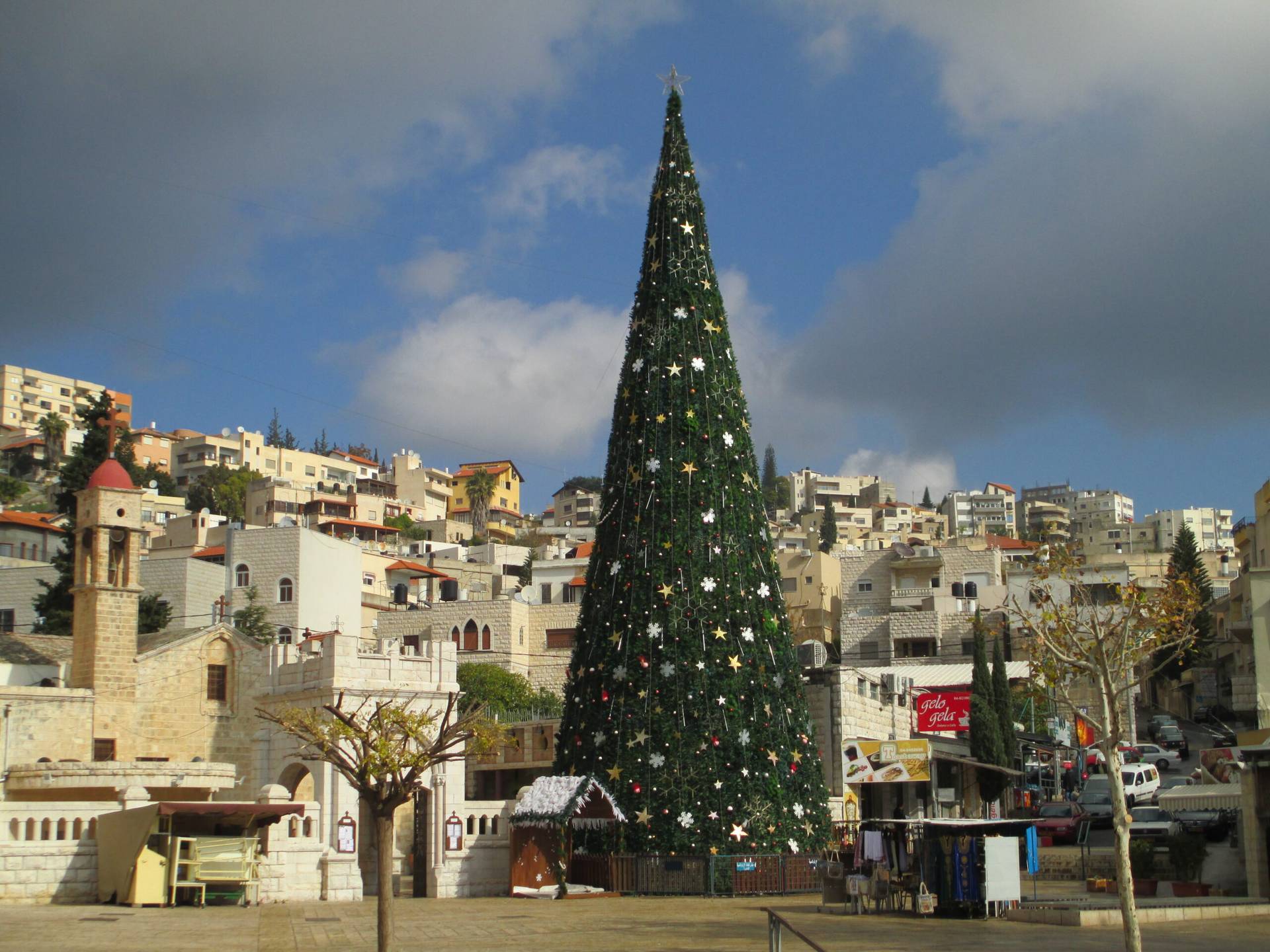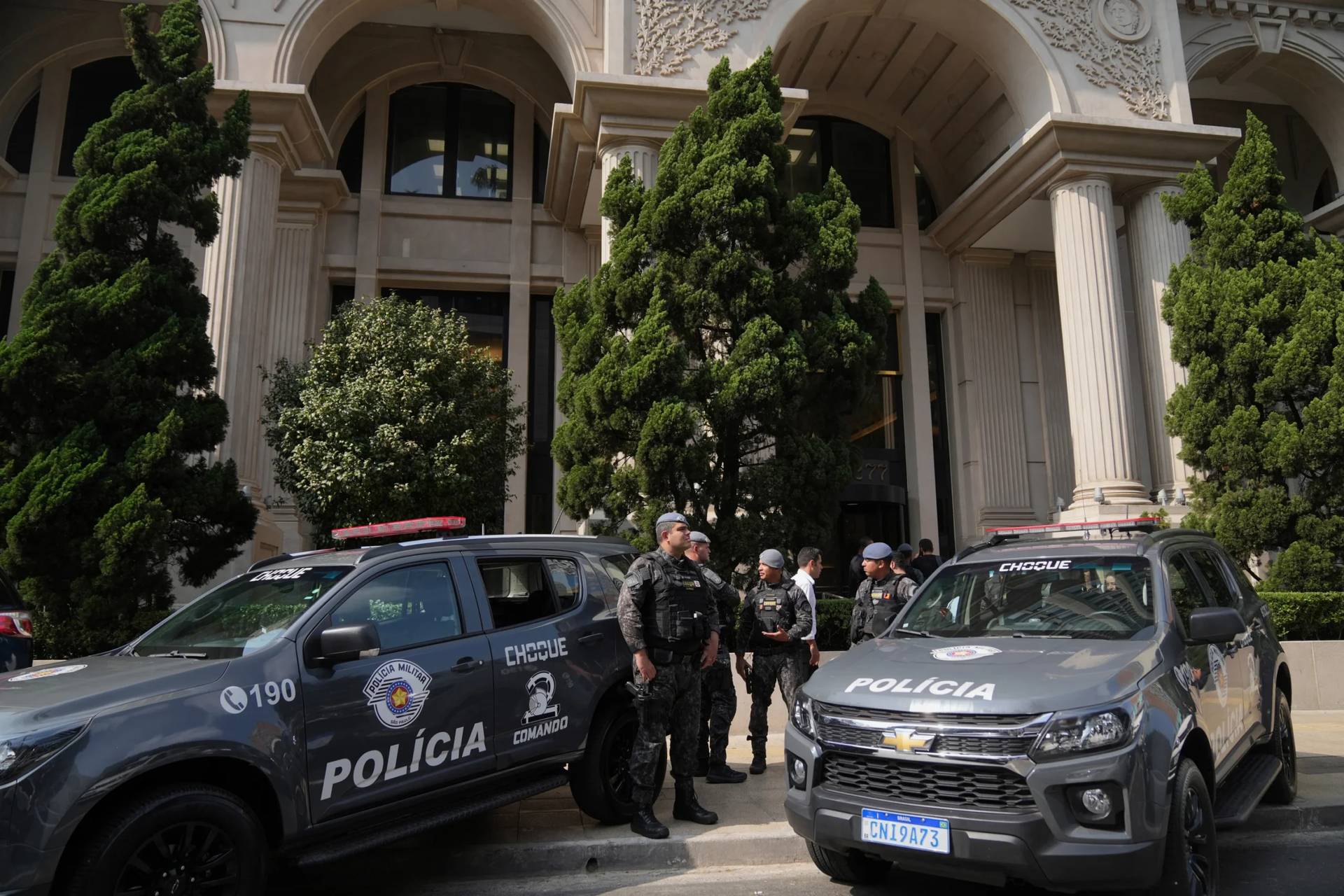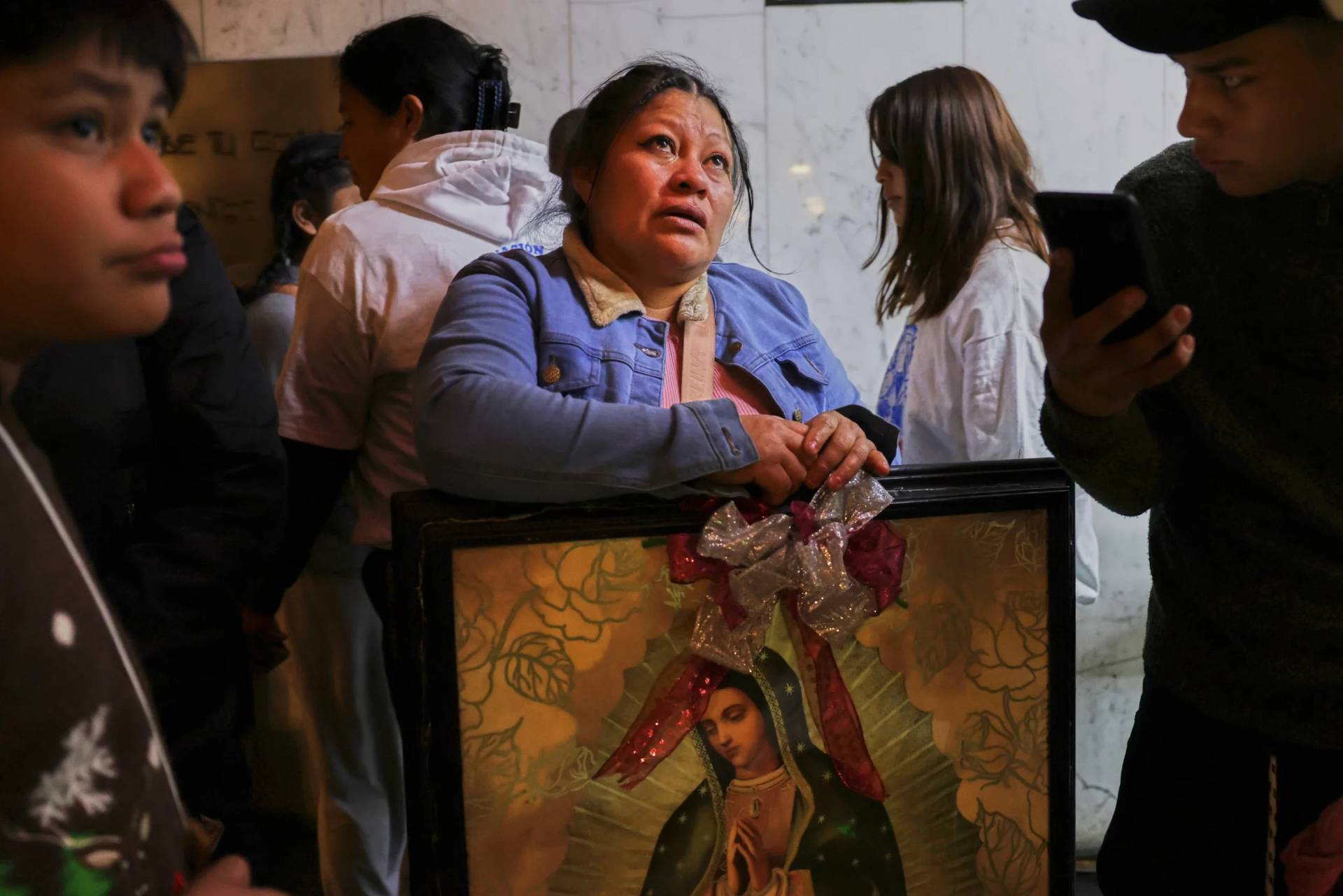On August 11, the Catholic bishops of Venezuela released a statement that cause apprehension among many opponents of the government of Nicolas Maduro, as it seemed to imply that citizens should vote in parliamentary elections in December, despite a call from the opposition to boycott the poll.
The COVID-19 coronavirus pandemic, according the leaders of the opposition both in Venezuela and abroad, is just one of the reasons why a fair election cannot be held this year.
Maduro has been president since 2013, after being elected to replace the left-wing populist president Hugo Chavez, who died from cancer after being in office for over a decade.
On Tuesday, the bishops, who’ve been openly critical of Maduro in recent years, stated that the Venezuelan people “have a great democratic vocation, which is why they assume the electoral route as normal citizens.”
The statement was released on Tuesday, two days after the Venezuelan opposition bloc, made up of 27 parties that oppose the United Socialist Party of Venezuela headed by Maduro, announced that they had “unanimously” decided not to participate in the parliamentary elections scheduled for Dec. 6, warning that they consider the vote to be fraudulent.
They note in their statement that they’ve reached the decision after having “exhausted all national and international efforts to achieve a fair and competitive electoral process.” They also highlight what they consider to be attacks and human rights violations committed by Maduro against the right of the people to democratically chose their leaders, and claim the current electoral process only seeks to favor the interests of the president to the detriment of Venezuelans.
Among the complaints is the appointment by the pro-Maduro Supreme Court of Justice of the entire board of the National Electoral Council. According to the Venezuelan Constitution, this is a task that falls on the National Assembly, currently led by Juan Guaido, the opposition leader.
The opposition is also demanding that all Venezuelans who want to vote can do so, including those who live abroad.
In their Sunday statement, the 27 opposition parties urged the international community to reject the process and its results, saying: “Venezuela deserves free, democratic, transparent, competitive elections with international observation.”
On Thursday, a group of “concerned countries” including members of the Lima Group – Argentina, Brazil, Canada, Chile, Colombia, Costa Rica, Guatemala, Honduras, Mexico, Panama, Paraguay and Peru – as well as the the European Union and the United States called upon all Venezuelans “of all ideological tendencies and party affiliations” to put the interests of Venezuela above politics and “engage urgently in support of a process shaped and driven by Venezuelans to establish an inclusive transitional government that will lead the country into free and fair presidential elections, sooner not later.”
“National Assembly elections alone do not present a political solution and instead may further polarize an already divided society,” says the statement, available on the website of the United States Department of State.
The statement adds the humanitarian, social and political situation in Venezuela “continues to deteriorate, underlining the need for a peaceful and inclusive political process that will restore democracy and set the country on course for recovery.”
“The current pandemic and Venezuela’s overwhelmed public health care system have added urgency to the need to end the status quo,” the statement from the concerned countries continues, before calling for an end to all political persecution and acts of repression.
The Venezuelan bishops’s statement calls for a solution for the country that is “consensual, inclusive and within the Constitution,” and says the prelates are compelled to speak by “the suffering of the people,” and the fact that “those who assumed the role of representing the people in the political field” have “forgotten” to do so.
The media have spun the statement by the bishops as a call to vote en masse, which was rejected by many, including the Organization of Venezuelans Politically Persecuted in Exile (Veppex), who called the bishops’ statement “regrettable” and “very grave.”
José Antonio Colina, leader of Veppex, said that the bishops are not “interpreting” the political situation of the country correctly, “and much less so what the ordinary citizen wants to do, who has lost their faith in voting, because they’ve understood that in a dictatorship their vote is worthless.”
However, Venezuelan theologian Rafael Luciani — writing for Reporte Catolico Laico, a lay-ran Catholic news outlet from Venezuela — argues that the bishops didn’t actually directly advocate on the issue of whether or not to participate in the December elections.
Their statement speaks of “free, fair and impartial elections,” and with “the participation of all the political parties and movements.”
“The restitution of these conditions will allow for the ‘citizen’s vote to be respected, as stipulated by the constitution and the electoral norms’,” Luciani writes, quoting the bishops. “It is from this perspective that the bishops, through their statement, call for a change in the present electoral structure, in its totality, since it’s been kidnapped by chavismo.”
In their statement the bishops even identify what needs to be corrected in the electoral process so that the elections are not fraudulent: They denounce the liquidation of some political parties, the questionable disqualification of candidates, threats against members of the opposition, and the imprisonment of political leaders.
By addressing the opposition, “and referring to the call for an abstention without offering any solutions,” Luciani writes, the bishops are arguing “that is not enough,” and the opposition “must assume the responsibility of seeking solutions and generating proposals for the people, who for years have believed in them, because only abstaining from voting will increase the political-social fracture in the country and hopelessness about the future.”
The theologian argues, “there is no mandate to go or not to vote, nor do they argue against the right to abstain from an electoral process that is fraudulent from its origin.” However, he writes, there is “a clear call for the opposition to offer a viable alternative that generates a transition from the current dictatorship to democracy.”
Luciani argues that the bishops’ statement is “very lucid” because they acknowledge that for the country to have democratic elections, it’s necessary to build a roadmap that unifies and commits all the members of the Venezuelan political opposition.
Only when there is a greater unity will Venezuela have socio-political force needed to fight for “the full and free participation of all political parties and movements, together with the unavoidable commitment of the authorities and their leaders,” the bishops write.
This, they tell the opposition, can only be achieved by putting aside “your own interests to promote the common good and service to all the Venezuelan people.”
Luciani believes the bishops’ statement is offered as a “healthy provocation in this moment of hopelessness and paralysis. It is a call to break with the logic of all or nothing that has only managed to give oxygen to the regime.”
“The opposition groups do not have the viability or the support, national and international, to exert equal force,” to that of the Maduro government, that has the “weapons to repress and kill.”
The opposition, Luciani argues, “face a socialist regime that has no moral limits to stay in power and that is advised by the Cuban regime,” and echoing the bishops, he calls on them to unite if they hope to ever succeed in changing the Venezuelan political landscape.
Follow Inés San Martín on Twitter: @inesanma

















